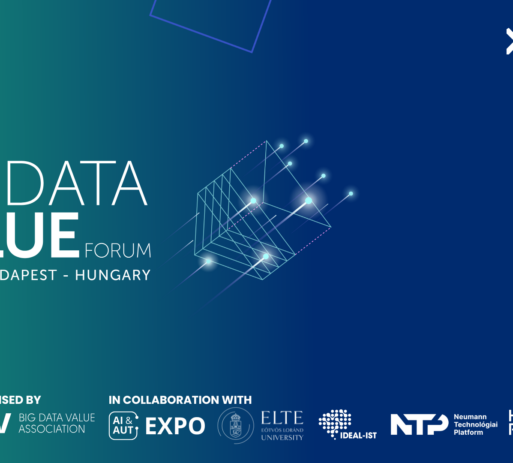IDSA Dataspace Protocol setting the standard for global Data sharing
The International Data Spaces Association (IDSA) has recently published a paper entitled “Making a Dataspace Protocol an international standard”. This paper outlines the critical steps toward establishing the Dataspace Protocol (DSP) as a global standard for data space interoperability. In this article, we will delve into the key points from IDSA’s publication and highlight its relevance to our DATA CELLAR project.
Understanding data spaces and the Dataspace protocol
Data spaces are digital environments designed to facilitate the trusted sharing and utilisation of data among various participants. They promise to revolutionise industries by enabling the efficient implementation of advanced services and solutions. The Dataspace Protocol, developed by IDSA, serves as a standardised framework integrating key processes common to all data spaces, ensuring interoperability and trust.
IDSA’s publication emphasises the importance of international standards, giving organizations the confidence to invest in new data space technologies. By setting a common foundation for interoperability, the Dataspace Protocol aims to address the foundational challenges in data space design and implementation.
Strategic impact and standardisation path
The Dataspace Protocol is poised to revolutionise data sharing, much like the Internet Protocol (IP) and GSM standards did for the internet and mobile communications. The publication details the standardisation path, which involves three key phases and organisations:
- IDSA Working Group Architecture (IDSA): the initial development and structuring of the Dataspace Protocol.
- Eclipse Dataspace Working Group (Eclipse Foundation): handling the protocol under the Eclipse Dataspace Protocol Specification project, ensuring interoperability and compliance.
- ISO/IEC Joint Technical Committee 1 (ISO/IEC): the final standardisation process, leading to the publication of the protocol as an official ISO/IEC standard.
This process highlights IDSA’s commitment to international standardisation, setting the stage for a new data management and innovation era. The publication underscores that harnessing the power of data is essential for success in business, politics, and society. However, trust and data sovereignty must be prioritised when collecting, processing, and sharing data.
Relevance to the DATA CELLAR project
The European Union’s Data Act, set to enter into force in September 2025, will raise global data flow and sovereignty standards. This legislation specifies criteria for participants in data spaces, implying the use of harmonised interoperability standards. The Data Act’s timing challenges Europe to develop mature and open data space technology swiftly, a call IDSA answered by developing the Dataspace Protocol.
For DATA CELLAR, the Dataspace Protocol offers a robust foundation for our energy dataspace. The protocol’s standardised framework will facilitate seamless integration with other EU energy data spaces, providing stakeholders with the necessary tools for developing their activities.
Global adoption of data spaces
The standardisation of the Dataspace Protocol is just the beginning. IDSA’s ongoing efforts aim to promote adoption and implementation of the protocol worldwide.
The key steps for achieving this goal start with finalising the ISO/EIC standardisation, which means completing the approval process to publish the Dataspace Protocol as an official ISO/EIC standard. This will be followed by promoting its adoption and implementation by collaborating with technology providers, policymakers, and industry leaders to drive market recognition and implementation of the protocol. The last step is certifying compliant connector implementations, this is, ensuring that connectors, the main implementations of the protocol, are certified for interoperability, compatibility, and trustworthiness.
IDSA calls upon stakeholders to support the continued development and global adoption of data spaces for the collective good of the economy and society. By building industry-grade software solutions and services with high stability and reliability, we can ensure the success of data spaces. Participation in community activities and standardisation processes is essential for driving trusted and sovereign data sharing.
Read more information and download the IDSA Dataspace Protocol here.





